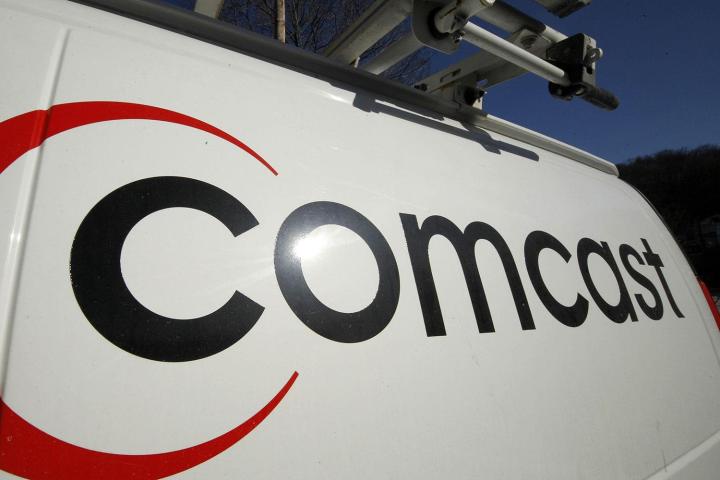
It’s been about five months since we first caught official wind of Comcast’s plan to buy up Time Warner Cable for $45.2 billion – and, in the process, shed roughly 3 million subscribers as a means to help minimize the merger’s monopolistic ramifications. Now today, with an upcoming House Judiciary Committee meeting set for May 8th, Comcast announced via blog post that it plans to slough off an additional 900,000 subscribers to further allay critics’ apprehension of Comcast’s potential stranglehold over the cable/broadband industry, bringing the total number of customers that Comcast would divest to 3.9 million.
If the merger is approved – which appears more and more likely – Comcast will sell 1.4 million TWC customers to Charter Communications for cash (which would bring Charter’s subscriber total to about 5.8 million and, as a result of the swallowing-up of TWC, make it the second-largest U.S. cable company). The remaining 2.5 million subscribers would be absorbed into a new, independent, publicly traded company dubbed “SpinCo” that will serve the Midwest and South regions.
According to Comcast’s blog post, SpinCo “will have a nine-member Board of Directors that will include six independent directors and three directors appointed by Charter” (i.e., Charter will own one-third of SpinCo). Though Charter will also provide “operational support” for SpinCo (under a services agreement), the new company will nonetheless have its own independent management team. It’s not clear if “operational support” includes Charter’s own cable services for those customers, or if service will be provided by other parties.
The combined Comcast/TWC beast, after selling off its proposed 3.9 million customers, would still serve approximately 30 million video customers – roughly 30 percent of the U.S. market.
Comcast, in extending its latest olive branch, clearly wants to appear less power hungry to both its subscribers and the public at large, but shrugging off a few million customers here and a few million customers there isn’t going to do a whole lot to change critics’ perception of Comcast as a domineering monopoly. Up to this point, the communications giant has held up under close scrutiny, and we’ll likely know for sure whether this mega-deal will go through by the end of 2014. Until then, continue to check in with DT for the latest updates regarding the merger.


